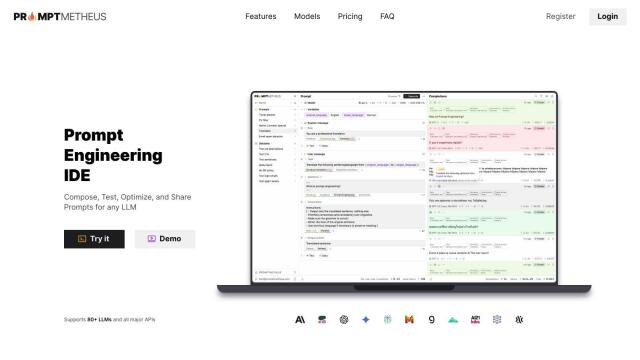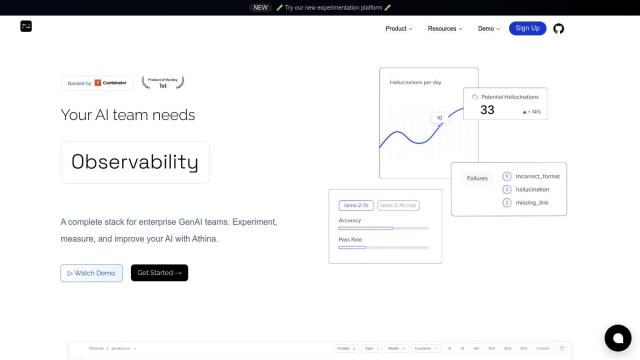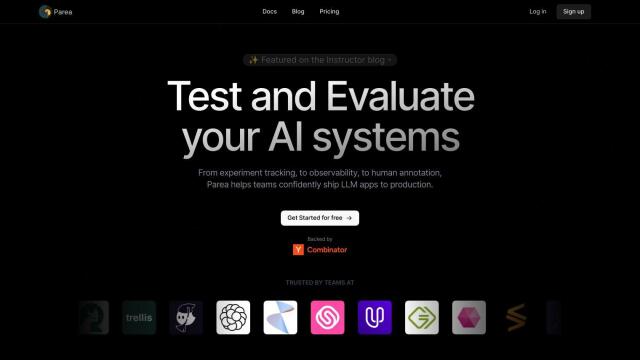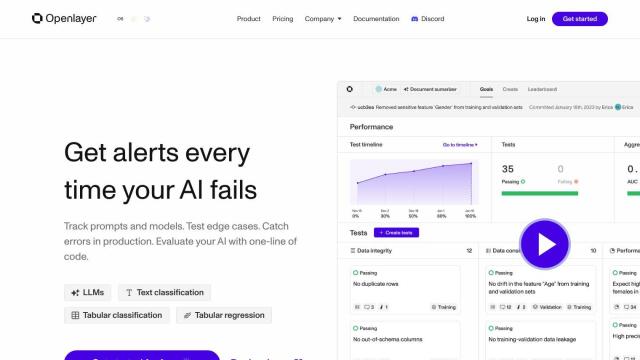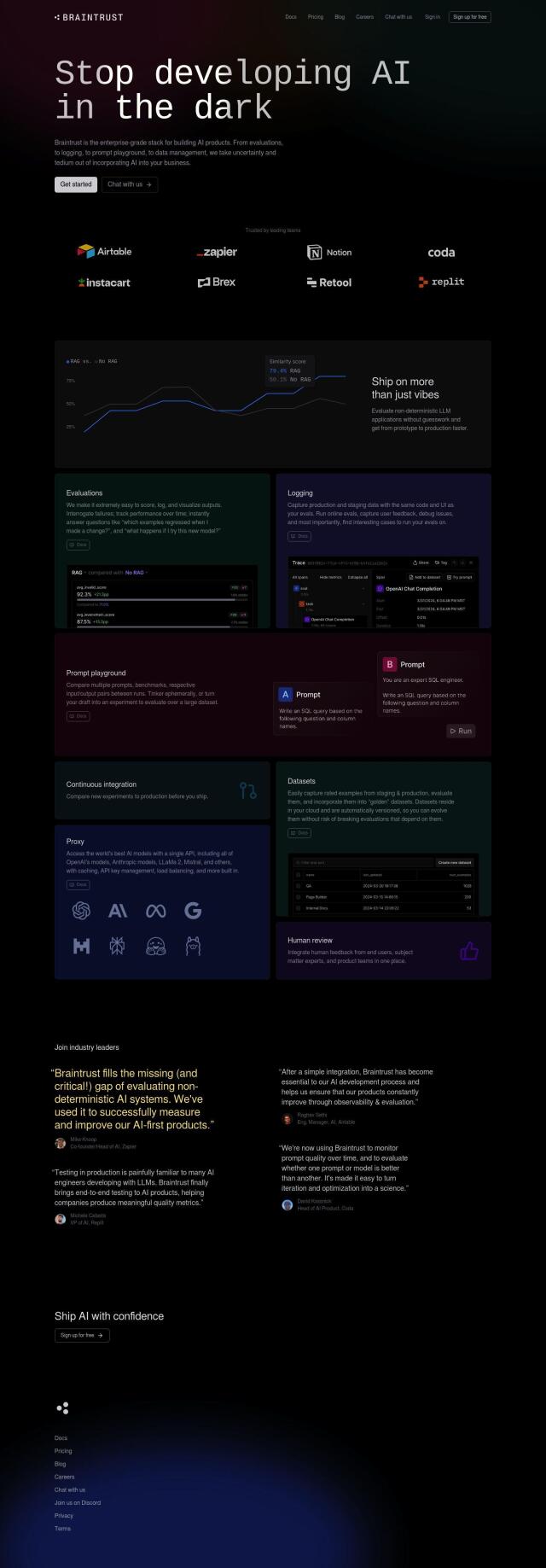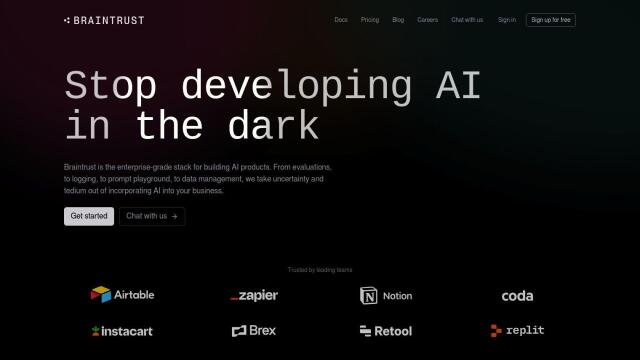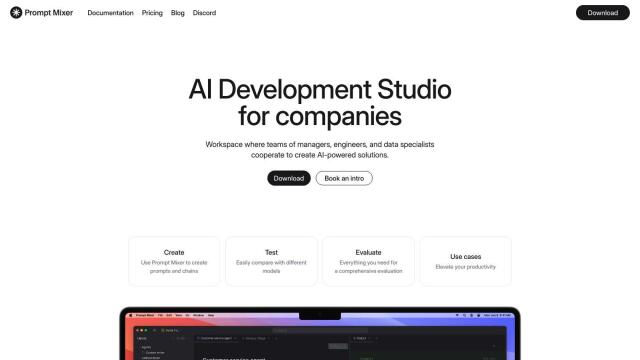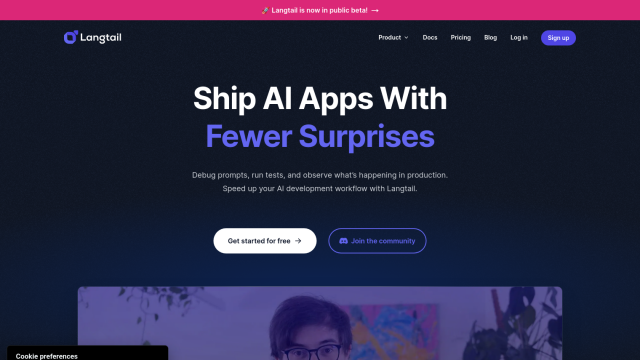Question: I'm looking for a way to manage and optimize my AI models, prompts, and parameters in a single platform, can you suggest a solution?

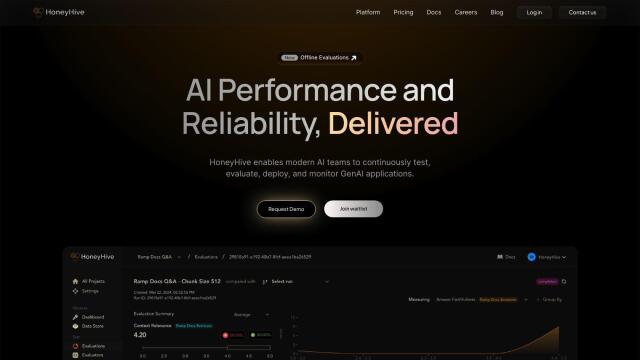
HoneyHive
If you need a powerful foundation to manage and tune your AI models, prompts and parameters, HoneyHive is a great option. The service is designed to provide a rich environment for AI evaluation, testing and observability. It includes features for managing and versioning prompts, automating evaluators, gathering human feedback and debugging. It supports more than 100 models through GPU cloud integrations and offers a range of pricing tiers including a free developer plan and a customizable enterprise option.


Humanloop
Another strong contender is Humanloop, which is geared specifically to help you build Large Language Model (LLM) applications. It includes a collaborative prompt management system, evaluation and monitoring tool and optimization tools to fine-tune AI performance. It's geared for product teams and developers, and it integrates with LLM providers, including Python and TypeScript SDKs.

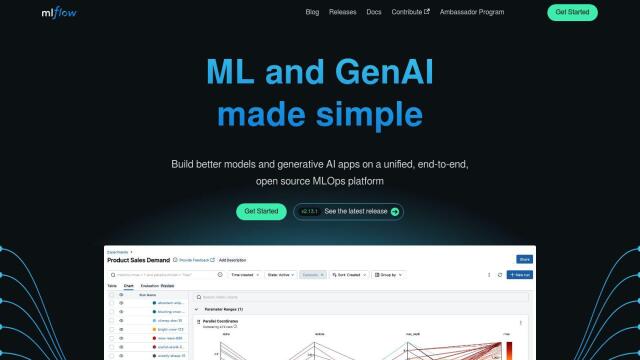
MLflow
If you need an MLOps tool that can handle a wide variety of ML and generative AI projects, MLflow is a good option. It's a single environment for tracking experiments, managing models and supporting a range of deep learning and traditional ML libraries. MLflow is open-source, so you can use it for free, and there's a lot of documentation and tutorials to help you get up to speed. It's a good option for teams that want to improve collaboration and productivity in their ML work.


LastMile AI
Last on the list is LastMile AI, which offers a full-stack developer platform to bring generative AI applications to production reliably. It includes tools like Auto-Eval for automated hallucination detection, RAG Debugger for performance tuning and AIConfig for managing prompts and model parameters. It supports multiple AI modalities and has a lot of support through tutorials, documentation and a dedicated team.





